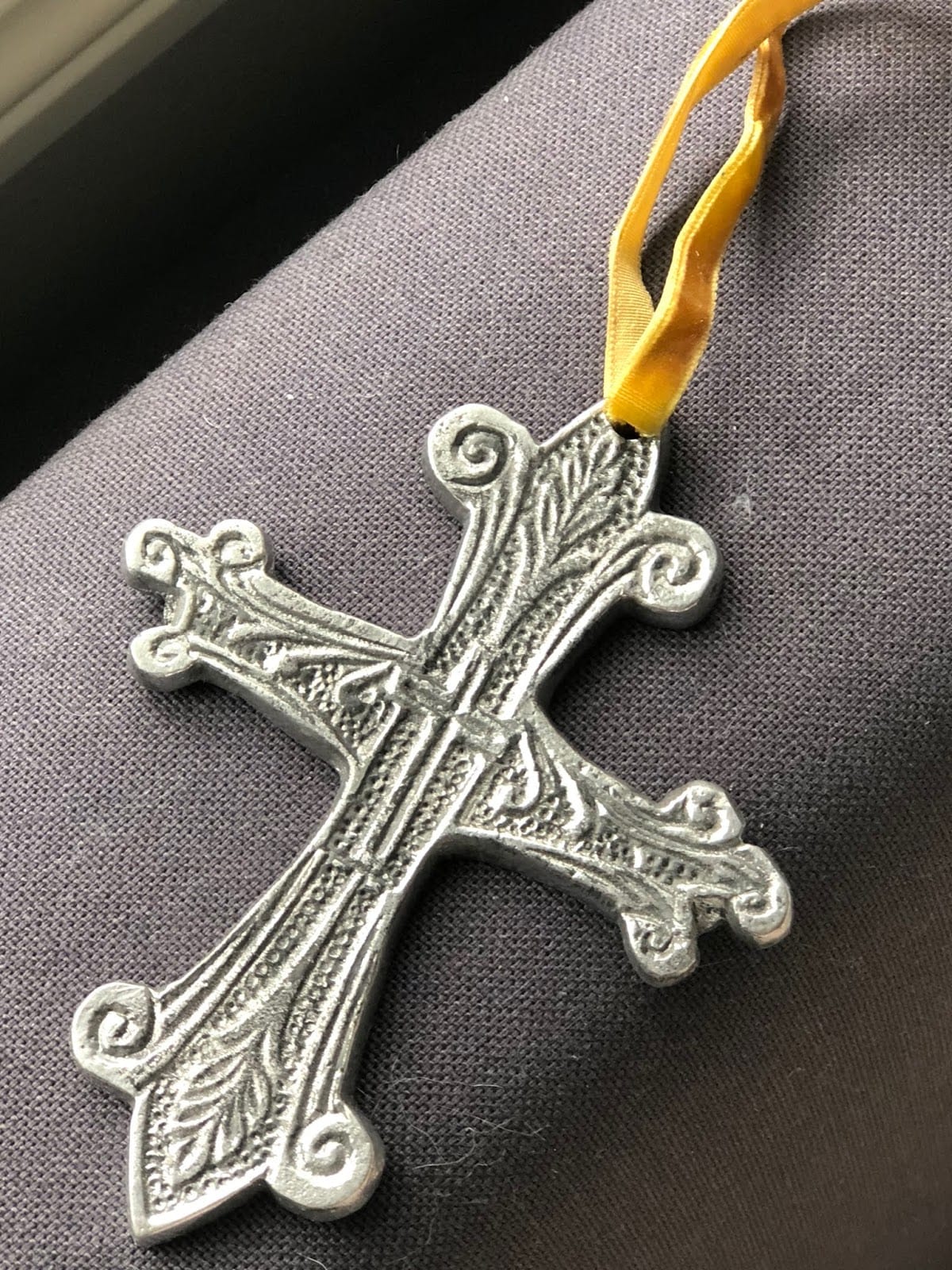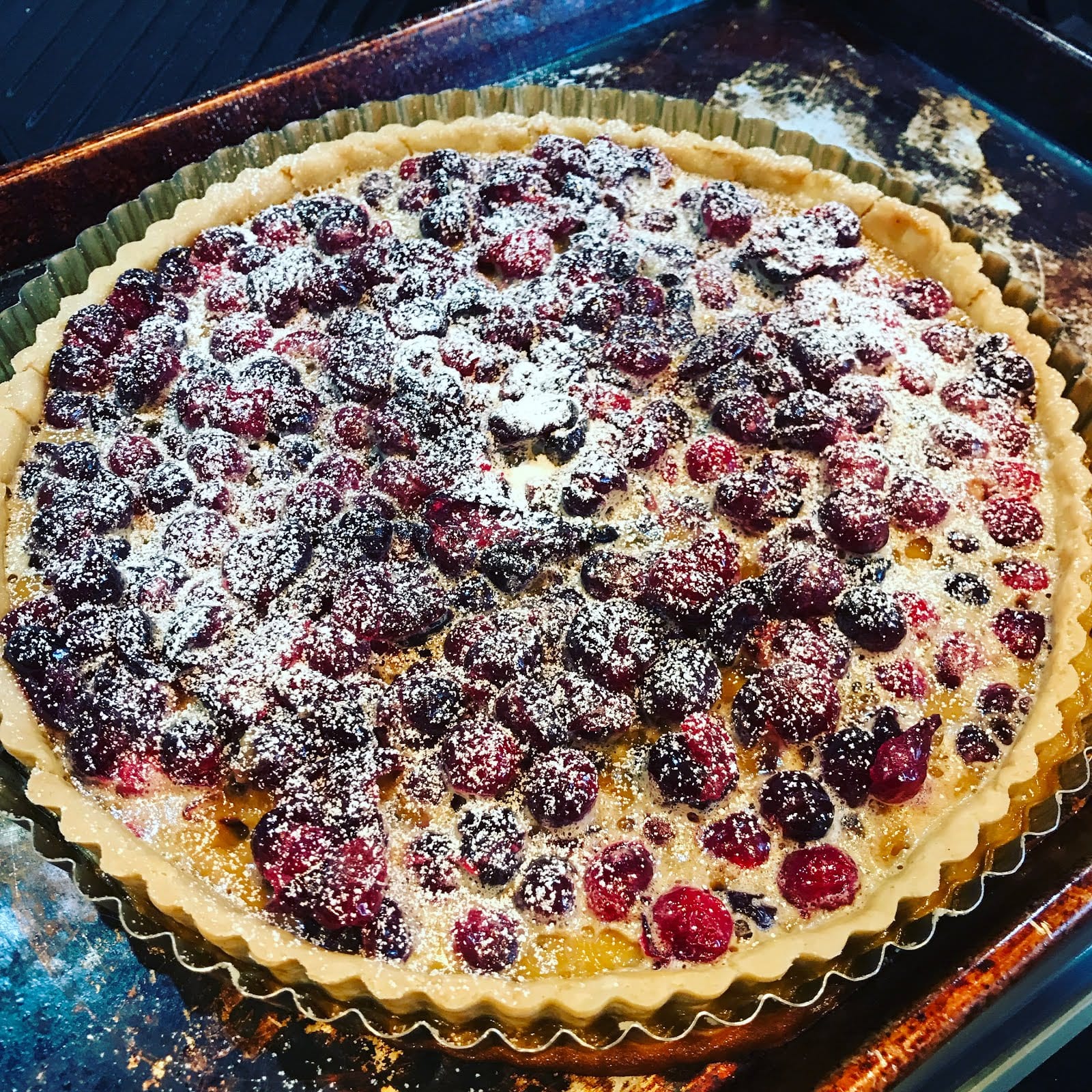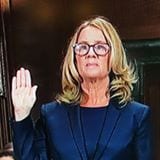We know the power of story to motivate and connect people, to convince and add color. But I am increasingly aware of how storytelling has become co-opted over time, bent and twisted to be used as a power tactic or a marketing tool.
Story is a tool – it used to be a tool to educate; elders would tell fables and parables to illustrate concepts. It is used to entertain, to take us out of ourselves, and it is an incredible way to build empathy. Telling our stories helps us release them from our bodies and, in the right setting, reminds us that we aren’t alone.
In the last several decades, story has also become a way to ask for validation, acceptance, consideration. And while that might not seem like a bad thing on its face, in the context of people without power telling their stories to people in power as a plea for empathy or understanding, it feels heavy in my gut. It feels more and more like justifying our existence, defending our choices, hoping to be considered equally human and deserving of care.
Many years ago, I began interviewing women about their stories. Specifically, their stories around being pregnant and having to choose whether or not to stay pregnant. I was increasingly frustrated that the political tug-of-war around abortion rights seemed never ending and I was certain that the conversation was all wrong. My hope was that centering the stories I wrote on the issue of choice would shift the spotlight a bit and add depth – open people’s eyes to the notion that the issue wasn’t two sides of the same coin, but far more complicated than that.
I had fully bought in to this new notion of what story was for. I was using these stories to not only educate people, but to convince them that these women deserved their consideration.
Sharing our stories is an enormous act of vulnerability. Opening ourselves up and shining a light on the parts of us that feel different, look different, are different is incredibly courageous, especially if the listener is not simply a vessel, but a judge. And while story is known for building empathy, it shouldn’t be the key that opens the gate to empathy. If, in telling our stories, we are hoping to gain acceptance and validation of our worth, and the listener is the one who gets to grant that (or not), story has become twisted and co-opted.
The notion of needing to tell our stories so that people in power will acknowledge us and tap us on the shoulder with their scepters, allowing us entry in to the world of Worthy Humans is abhorrent to me. We need to start with the belief that we are all worthy and cherished. People with disabilities, people of color, transgender or non-binary people, women, elders, childless folks, immigrants – nobody should have to tell their story in order to be regarded as worthy of respect. Nobody should have to show their scars and bare their souls so that they can be deemed worthy of care and honor.
Our stories are reminders that we are not alone. They teach us about the depth and the breadth of human experience, but they should not be a pre-requisite for civil rights, for love, for worthiness. The power of our stories is that they help us connect to others, and to use them as currency for equality and humane treatment is wrong.
I admit that when I started my interview project, it was with the intent to use the stories as political capital. I hoped that they would be published in a book that would reach the ears of people in power, that the stories would shift something inside them fundamentally and convince them once and for all that reproductive rights are vital, foundational, human rights. The women who spoke with me trusted me and, in some cases, had never told their story to anyone else but me. I was powerfully moved and believed that it would make a difference. These days, I resent the fact that I should have to tell my story in order to gain agency over my own body, in order to maintain or regain my civil rights and be seen worthy of that by people in power.
I believe in the power of story. When someone trusts me with their truest, deepest truth, it is a gift I do not take lightly. As receivers of story, we have an opportunity to be deliberate and generous with our listening, to recognize that we are being given a gift. I have felt the significant difference between telling my story to someone who is willing to hear it, contain it, hold it and reflect back to me that I am not alone in my difference, in my pain, in my perspective and telling my story to someone in an effort to get them to recognize my humanity. The first instance feels healing and fuels connection – the second feels defensive and frantic and defiant. Sharing something profound in an effort to find community is expansive. Sharing something profound as a way to justify my existence or worth or right to have agency over my body is like always being a step behind, and it reinforces the power differential between me and the receiver.
I appreciate the people who gather the courage to speak for themselves and others – the ones who testify in public hearings in support of accommodations or policy shifts or funding sources. I simultaneously lament that movements like #shoutyourabortion or #youknowme have to exist, that we have been forced to use our stories as justification for our choices, to plead for help from those in power. It isn’t as though there is some tipping point, some critical number of stories that are told that will shift the narrative in favor of acceptance and compassion, in favor of the foundational belief that we are all human and, as such, equally deserving of the right to live freely, move through the world without obstacles in our way or a target on our back.
Until we can start at a baseline of humanity for all, equal rights, and acknowledgment of the historical systemic ways we oppress women and people of color and folks with disabilities and non-binary gender expression, etc. etc. we will not be able to truly hear the stories of our fellow humans. We will always be looking for the “hook,” the seminal difference, the spark that makes us say, “Oh, ok, you’re not like those other __________.” But in my heart, that’s not what story is about. Story is about bringing us together, reminding us of our connections, and reinforcing the power of being acknowledged.




 One year ago today, I was surrounded by a group of amazing women who helped move Eve and Lola and I in to our new home. They packed boxes, cleaned cupboards, organized movers, found screwdrivers, and held me up during an incredibly difficult time. The transition from a life I loved and knew and assumed I’d always have to a mostly blank canvas felt simultaneously frightening and exciting, awfully sad and tinged with possibility. I was able to experience the full range of emotion precisely because of these women who showed up, who loved me and my daughters, and who helped me feel safe.
One year ago today, I was surrounded by a group of amazing women who helped move Eve and Lola and I in to our new home. They packed boxes, cleaned cupboards, organized movers, found screwdrivers, and held me up during an incredibly difficult time. The transition from a life I loved and knew and assumed I’d always have to a mostly blank canvas felt simultaneously frightening and exciting, awfully sad and tinged with possibility. I was able to experience the full range of emotion precisely because of these women who showed up, who loved me and my daughters, and who helped me feel safe.





